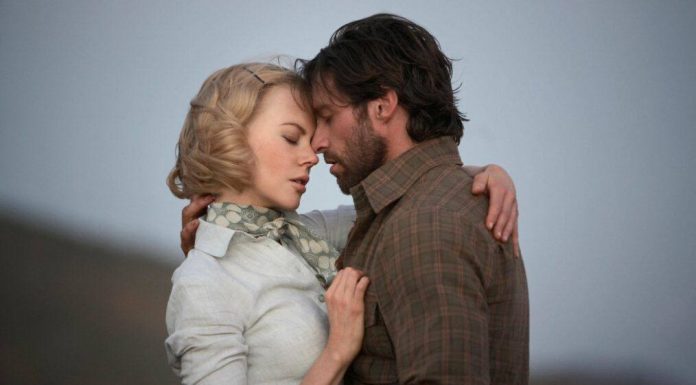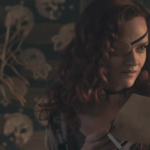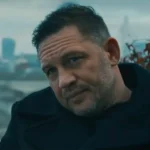In “Faraway Downs,” Australia’s enormous landscapes portray a story of love, adversity, and historical legacy. This Hulu six-part series promises an hour of new footage and an unexpected ending. After her husband dies, English aristocrat Lady Sarah Ashley (Nicole Kidman) seeks to sell her million-acre ranch. She is unaware that a cattle lord has evil designs for her farm. Sarah unexpectedly joins a cattle drover, played by Hugh Jackman, seeking safety. Brandon Walters plays Nullah, a mixed Indigenous Australian child, highlighting the time’s discrimination. “Faraway Downs” follows Lady Ashley and the Drover’s love affair over four life-changing years and explores World War II’s inevitable influence on Northern Australia. People often wonder if “Faraway Downs” is based on a true story. tvacute examines every detail.
Is Faraway Downs (TV Series) Based on a True Story?
Faraway Downs mini-series is not based on a true story, unlike many historical dramas. Inspiration comes from the 2008 film “Australia.” Hugh Jackman, Nicole Kidman, Bryan Brown, and Brandon Walters starred in the picture, which received mixed reviews. The series was created to embrace the changing nature of storytelling, especially in the streaming era, rather than replace the original film. The innovative director Baz Luhrmann was excited about grandiose, episodic storytelling, giving the traditional tale new life.
Luhrmann stressed in a press statement that “Faraway Downs” is not the director’s cut of “Australia.” There are major storyline changes, extra footage, and a different finale in this series. It’s an investigation into narrative opportunities made possible by the streaming service.
According to Luhrmann, “Faraway Downs” is essentially the narrative of Nullah, the mixed Indigenous Australian child, as the key theme. By adding layers to the story, this change in focus gives the audience a better experience than the first movie provided.
Baz Luhrmann’s aim to improve the storytelling experience led him to revisit and extend “Australia” into “Faraway Downs”. In this interview, Luhrmann discusses the difficulties he had getting the first movie accepted in the US while drawing comparisons to its triumphs in Europe and Australia. “Australia” continues to be his biggest film in Europe and the second-largest in Australia, despite the conflicting reviews.
Regarding the perception of the film’s duration, Luhrmann says he views all of his creations as evolving creatures rather than flawless pieces of art. The advent of streaming services and their acceptance of episodic storytelling presented him with a chance to delve deeper into the epic qualities of “Faraway Downs.”
The addition of a new conclusion to “Faraway Downs”—which was included in the original production but excluded from the theatrical release—is a notable change. The director believes that by highlighting the importance of one’s personal experience and the inability to control life, the conclusion more closely relates to the series’ subject.
“Faraway Downs“ proves to be more than just a television show; it’s an investigation into the potential for storytelling in the age of streaming media. The choice is to bring “Australia” back and expand it into a six-part series. Although “Faraway Downs” makes its Hulu premiere, director Baz Luhrmann is committed to the motion picture medium and believes it will always be relevant and develop.







